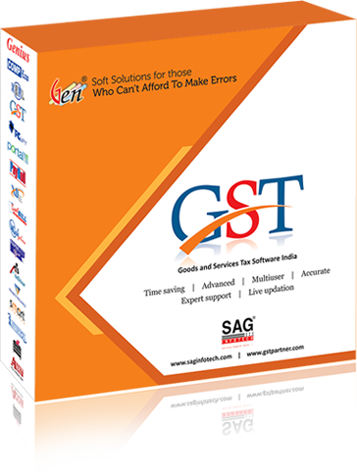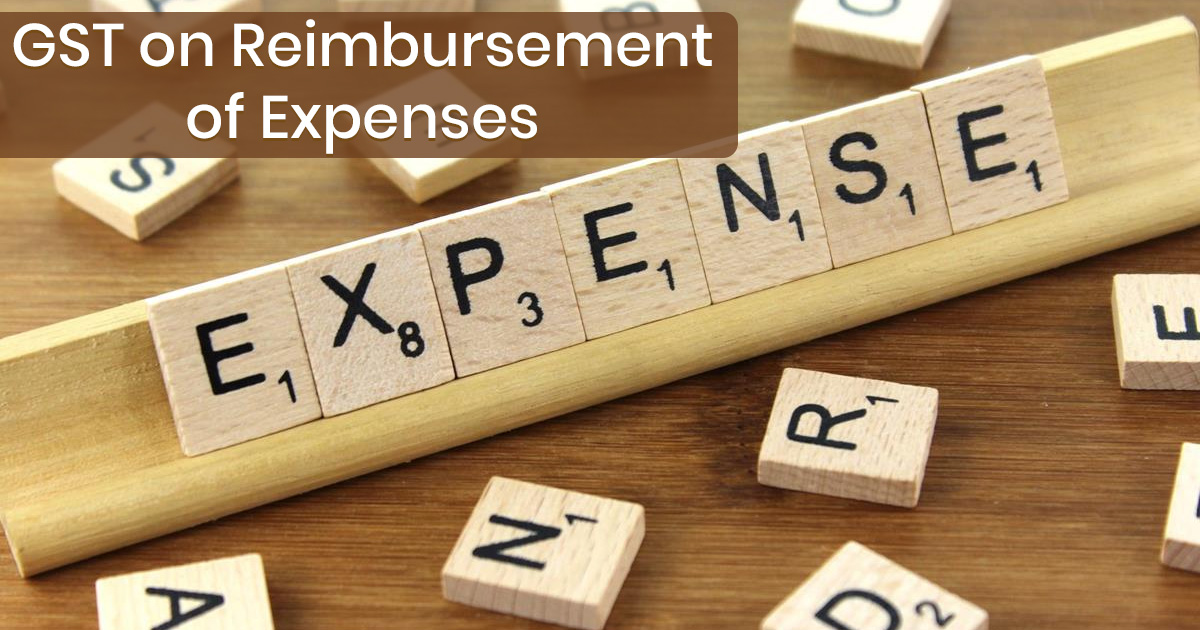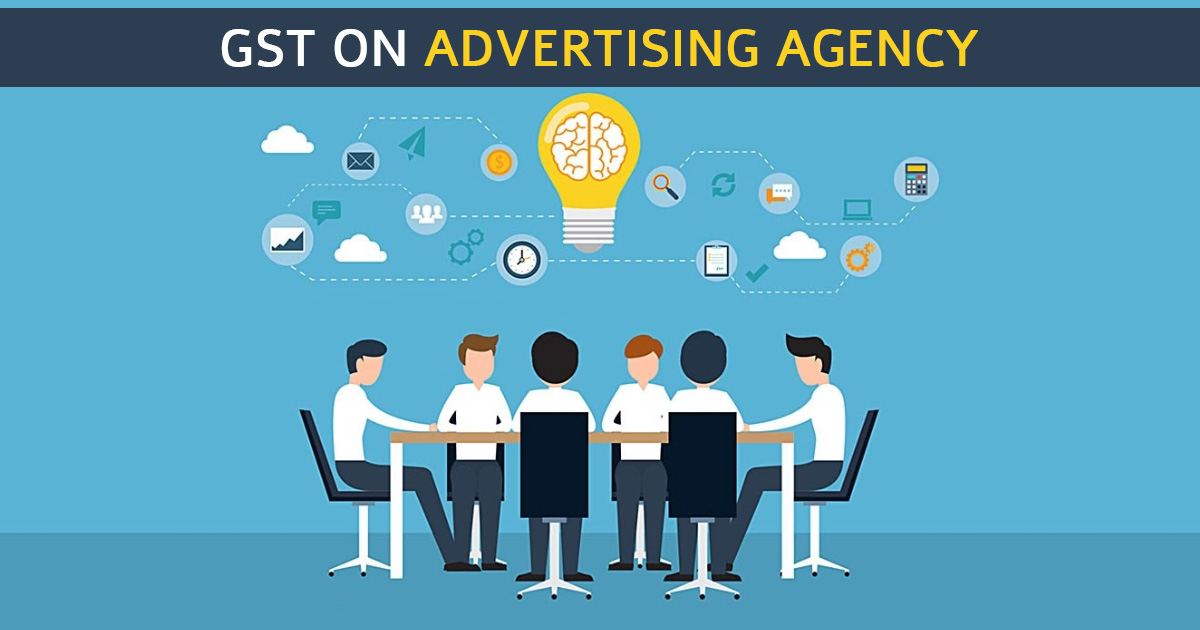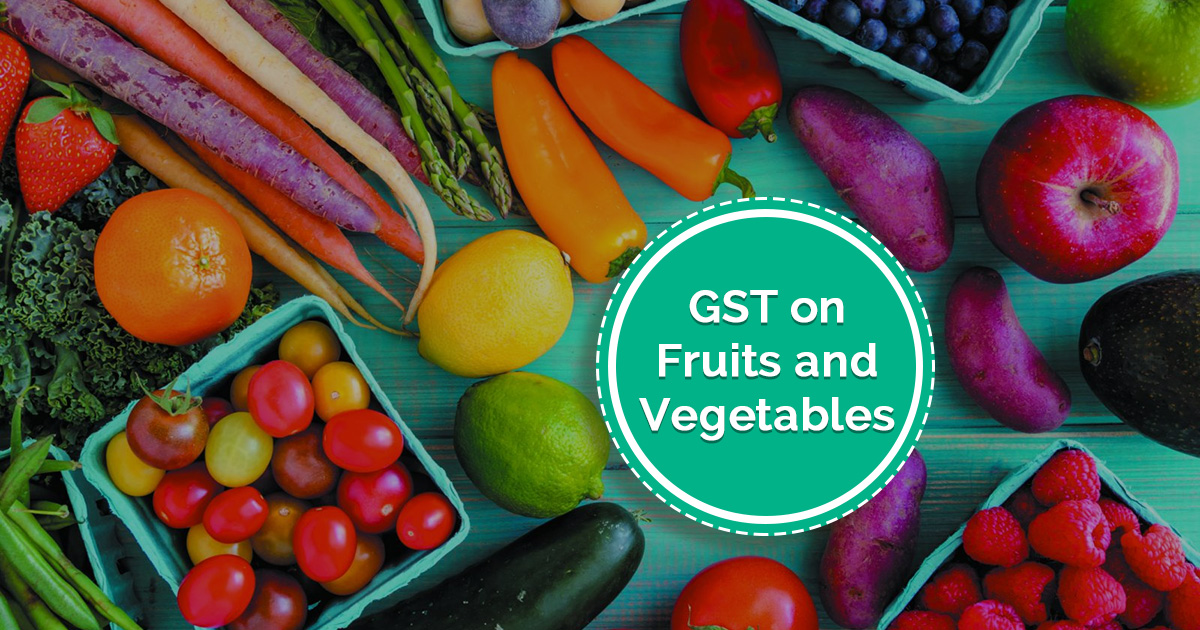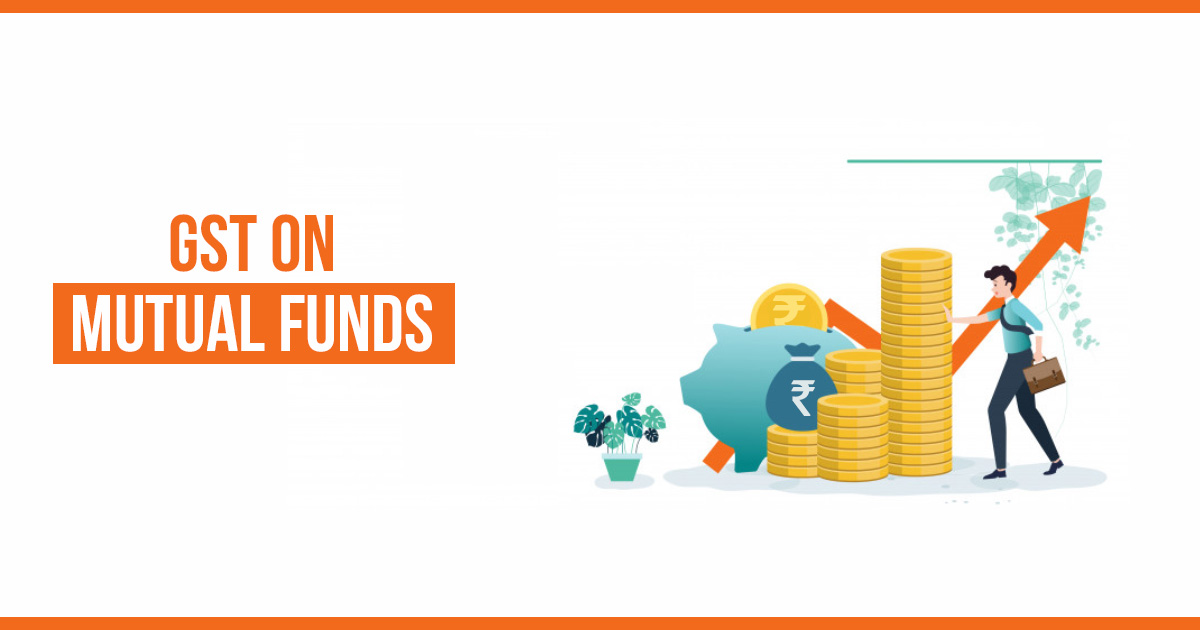GST is the Goods and Services Tax which is charged on the supply of specific goods and/or services in India. There are 5 different tax slabs under GST – 0%, 5%, 12%, 18%, and 28%.
In this article, you will get to know the rate of GST on Reimbursement of Expenses.
What is the Reimbursement of Expenses?
When providing a service to a customer/client, if a company incurs any expenses on behalf of the customer, then such expenses are considered reimbursable. At the time of making the payment for services, the client is expected to also pay this amount to the service provider.
For instance, a marketing company that provides paid marketing services to its client might incur expenses like Google advertising fee, etc. on behalf of the client. This fees will be included in the client’s bill.
If you are also wondering about how these out of pocket expenses and their reimbursement is treated under GST, you’ll find the answer here.
But first, let’s understand the concept of Pure Agent.
A Pure Agent is a person who is bound by a contractual agreement to pay any expenses that may arise when undertaking the transaction on behalf of the recipient of the supply. A pure agent must not hold title to any goods or services being procured or supplied on behalf of a recipient. Moreover, he should not use the said goods or services for his own interest and should receive only the actual amount paid by him to procure these goods/services in addition to payment received for his own supply.
GST Applicability on Reimbursement of Expenses
Rule 33 of CGST Act 2017 says about GST on reimbursement of expenses,
When a supplier or service provider incurs any expenses on behalf of a client or recipient during the supply of taxable goods/services, then such expenses shall be excluded from the value of supply for tax purposes, only if all of the following conditions are met:
- The supplier acts as a pure agent of the recipient when making payment to a third-party on authorization by the recipient.
- The payment (reimbursement of expenses) made by the Pure Agent on behalf of the recipient must be distinctly mentioned in the invoice issued by the agent to the recipient.
- The services/supplies acquired by the pure agent from the third party must be separate from the services the pure agent supplied on his/her own.
If all the above conditions are met, the GST will not be levied on the reimbursement of expenses by the recipient. Only the actual value of supply will be taxed.
Recommended: Impact of GST on Commission Income and Agents
Example to understand GST on Reimbursement of Expenses:
A CA is providing services to a client and produces the following invoice on completion of service:
| S.No. | Service | Amount |
| 1 | CA charges | 20,000 |
| 2 | Tribunal charges | 2,000 |
| 3 | Traveling expenses | 1,000 |
| Total | 23,000 |
In this example, the CA acts as the pure agent and incurs any extra expenses that arise during the service delivery. In any case, the pure agent must not use the goods/services for his own interest. Any out of pocket expenses must be mentioned separately from the value of services that the agent provides on his own account.
Also Read: GST on Salary Reimbursement in India
In the above example, if the travel expenses were incurred by the CA on the authorisation of the recipient, then only such expenses will be excluded from the taxable value of supply. However, if the CA chose to avail these services as a part of his service responsibility or for his own interest, it will not be treated as an addon to his original services, and so the expenses will be liable for GST.

